Market Trends
Key Emerging Trends in the Flock Adhesives Market
The flock adhesives market is witnessing several trends that are shaping its growth and development. These trends are driven by various factors, including technological advancements, changing consumer preferences, and increasing demand from end-use industries.
There is a rising demand for sustainable and eco-friendly products across industries, and the flock adhesives market is no exception. Manufacturers are focusing on developing environmentally friendly flock adhesives that reduce the carbon footprint and comply with stringent regulations. These adhesives are formulated using bio-based materials and have low VOC (Volatile Organic Compound) emissions, making them a preferred choice for environmentally conscious consumers.
Water-based flock adhesives are gaining popularity due to their low toxicity, ease of application, and environmental benefits. These adhesives use water as a carrier instead of harmful solvents, making them safer to use and reducing the risk of health hazards. Water-based flock adhesives also offer excellent adhesion and durability, making them suitable for various applications in industries such as automotive, textiles, and packaging.
Flocking technology is continuously evolving, leading to advancements in flock adhesives. Manufacturers are investing in research and development to improve the performance and functionality of flock adhesives. This includes developing adhesives with enhanced bonding strength, better heat resistance, and improved color consistency. Advancements in flocking technology also enable the creation of intricate designs and patterns, expanding the possibilities for decorative applications. The automotive industry is a major consumer of flock adhesives, and its growth directly impacts the demand for these adhesives. As the automotive industry expands globally, there is an increasing need for high-quality interior components that offer comfort and aesthetics. Flock adhesives provide a soft and luxurious feel to automotive interiors, making them a preferred choice for applications such as dashboards, door panels, and headliners.
In conclusion, the flock adhesives market is experiencing several trends driven by factors such as sustainability, advancements in technology, and changing consumer demands. The adoption of eco-friendly solutions, increasing use of water-based adhesives, advancements in flocking technology, growth in the automotive and packaging industries, and the focus on customization and personalization are some of the key trends shaping the flock adhesives market. Manufacturers and industry players are actively responding to these trends to meet the evolving needs of customers and stay competitive in the market.


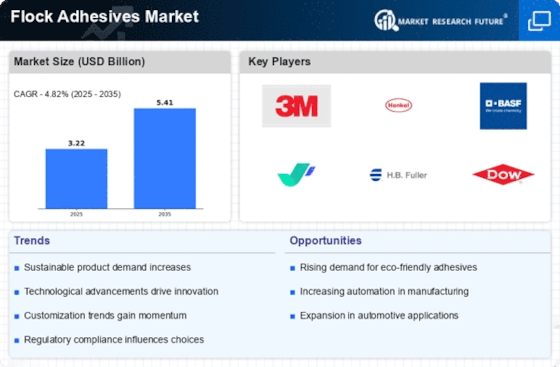


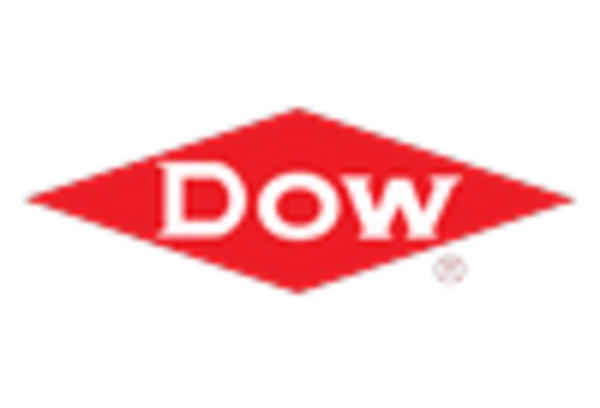
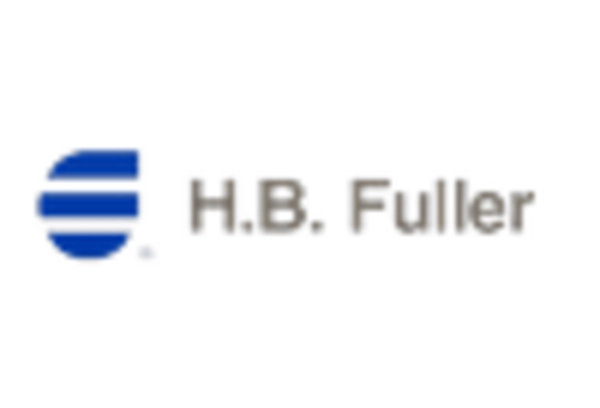
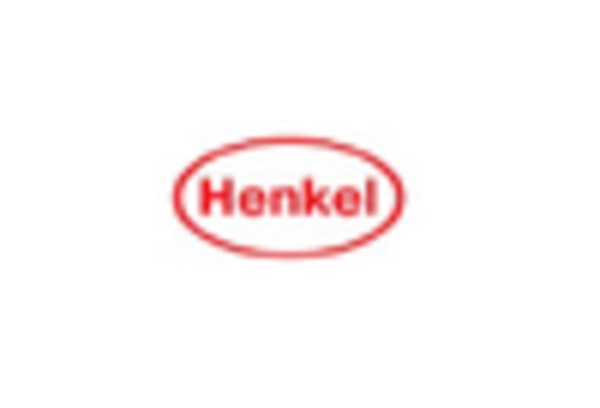
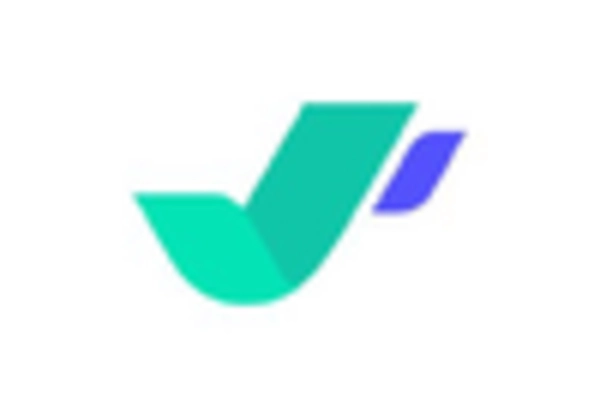









Leave a Comment